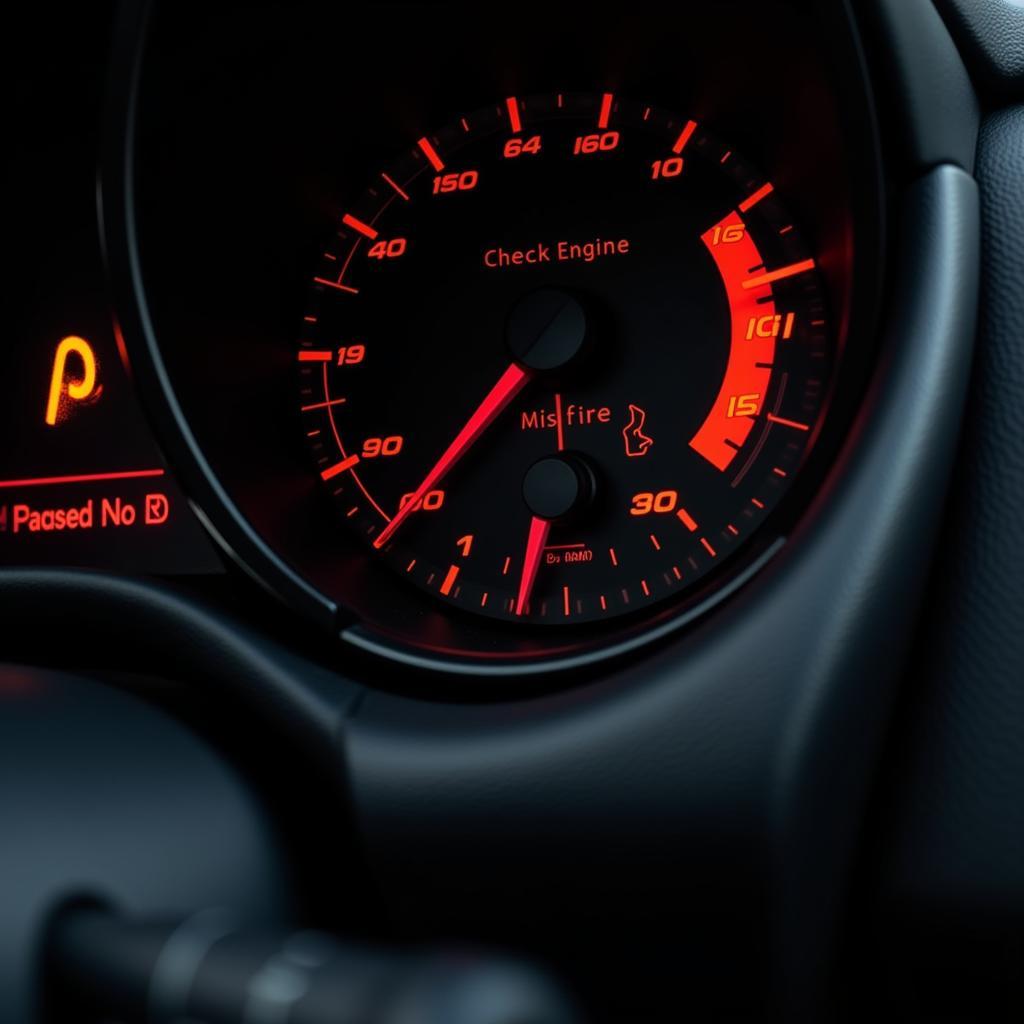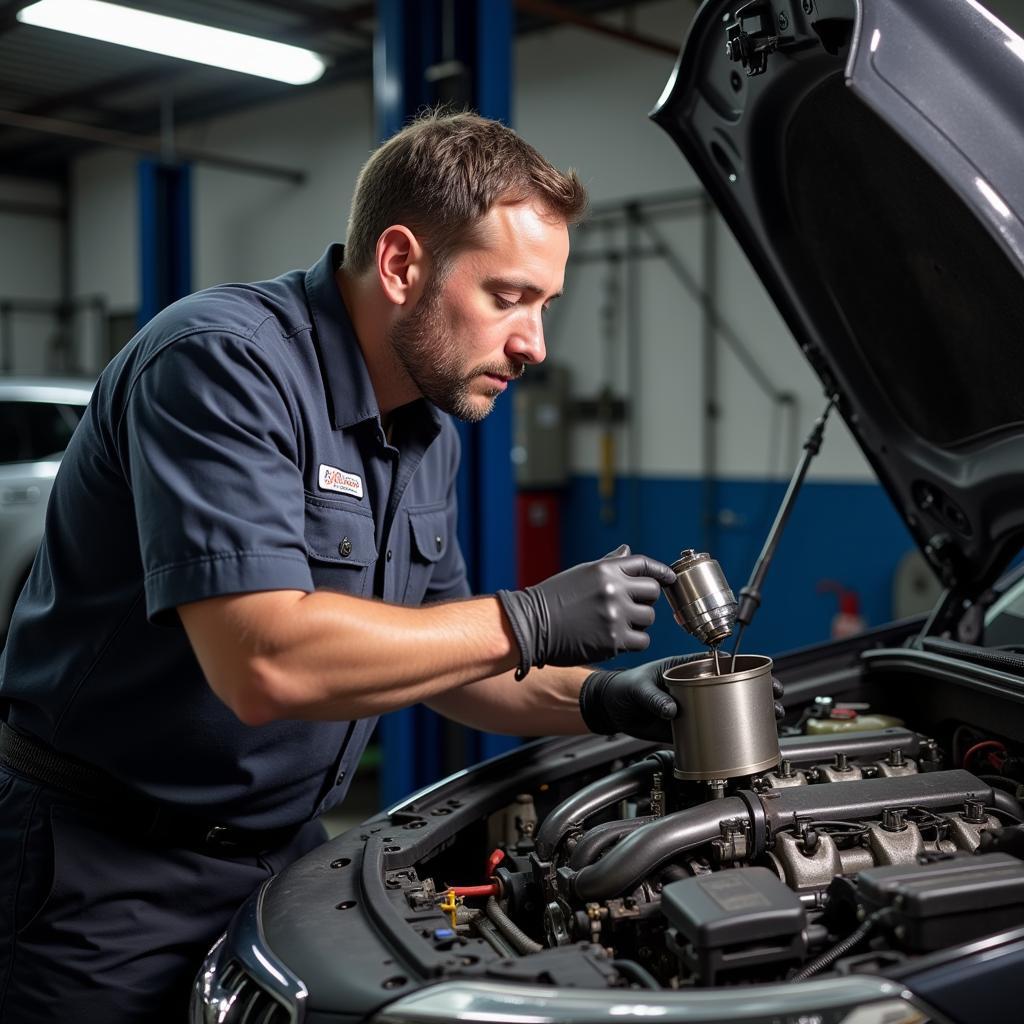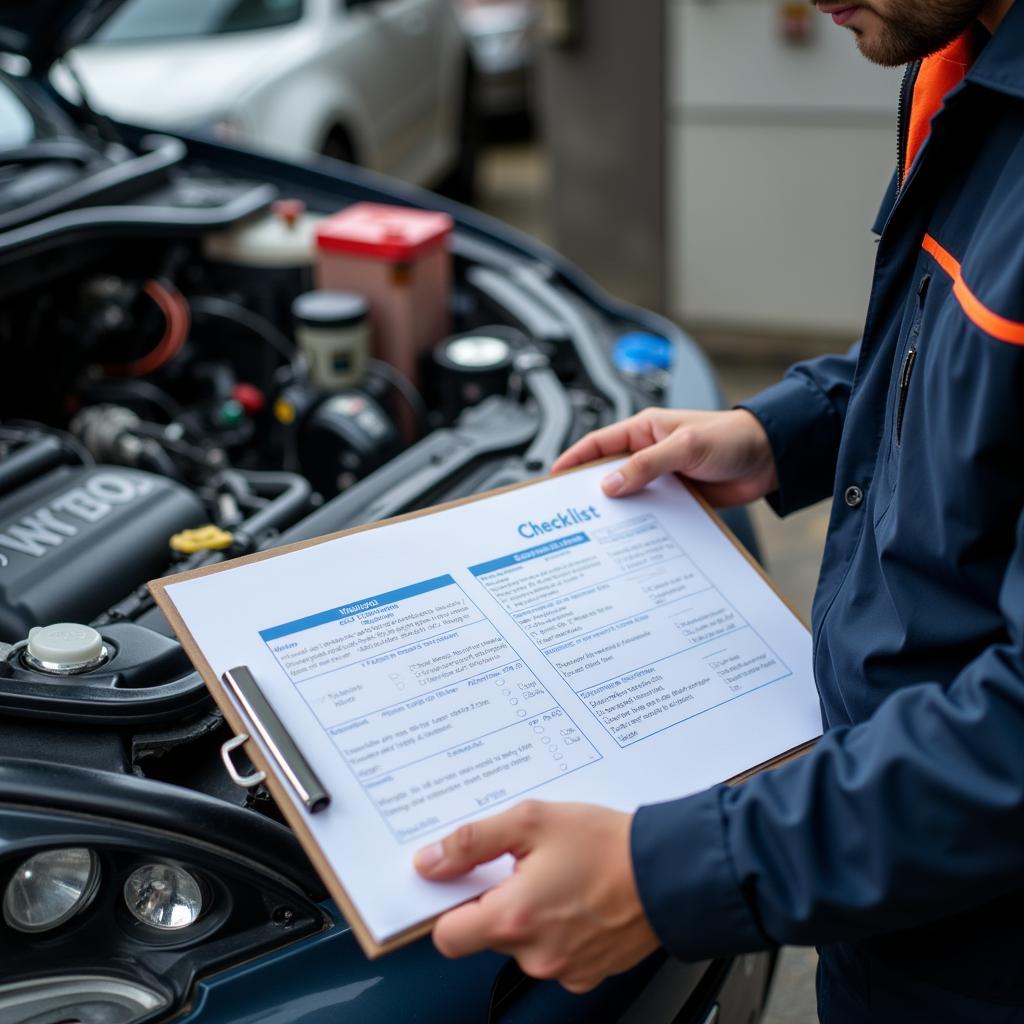Cylinder Problems: Causes, Symptoms, and Solutions
Cylinder problems can be a major headache for any car owner, causing a range of issues from reduced power and fuel efficiency to engine misfires and even complete engine failure. Understanding the common causes, symptoms, and solutions can help you catch these problems early and prevent costly repairs.
What Are Cylinder Problems?
Car cylinders are the heart of your engine, where the combustion process takes place. They contain pistons that move up and down, compressing air and fuel before igniting it. This process generates power that drives your car. Cylinder problems occur when one or more cylinders are not functioning properly, often due to issues with the piston, rings, valves, or spark plugs.
Common Causes of Cylinder Problems
Here are some of the most common causes of cylinder problems:
- Worn piston rings: Piston rings seal the gap between the piston and the cylinder wall, preventing oil from entering the combustion chamber and preventing blow-by. Over time, these rings can wear down, leading to oil consumption, low compression, and engine misfires.
- Damaged pistons: Pistons can become damaged due to wear and tear, overheating, or detonation. This can cause the piston to seize, leading to engine failure.
- Burnt valves: Valve seats can wear down over time, leading to valve leakage and reduced engine performance. This can also result in engine misfires and backfires.
- Spark plug issues: Faulty or worn spark plugs can prevent the air-fuel mixture from igniting properly, leading to misfires and reduced power.
- Clogged fuel injectors: Clogged fuel injectors can disrupt the proper delivery of fuel to the cylinders, leading to engine misfires and poor performance.
- Head gasket failure: A blown head gasket can allow coolant to enter the combustion chamber, leading to overheating, white smoke from the exhaust, and engine damage.
Symptoms of Cylinder Problems
Here are some common symptoms of cylinder problems:
- Engine misfires: This is a common symptom of cylinder problems, and it can be felt as a rough idle, jerking, or hesitation when accelerating.
- Reduced power: If one or more cylinders are not firing properly, your car will lose power and may struggle to accelerate.
- Poor fuel economy: A misfiring engine will burn more fuel than a properly functioning one, leading to decreased fuel economy.
- Unusual noises: You may hear knocking, rattling, or clicking noises coming from the engine, indicating a problem with the pistons, valves, or connecting rods.
- Smoke from the exhaust: Blue smoke from the exhaust typically indicates oil burning, while white smoke can be a sign of coolant entering the combustion chamber.
- Check engine light: The check engine light will come on if the car’s computer detects a misfire or other problem with the engine.
 Car engine misfire symptoms
Car engine misfire symptoms
Diagnosing Cylinder Problems
Diagnosing cylinder problems typically requires a thorough inspection of the engine. A mechanic will use a variety of tools and techniques to determine the root cause of the problem, such as:
- Compression test: This test measures the pressure in each cylinder, which can indicate problems with the rings, valves, or pistons.
- Leakdown test: This test checks for leaks in the cylinder, which can identify problems with the piston rings, valves, or head gasket.
- Spark plug inspection: Inspecting the spark plugs can reveal signs of wear, fouling, or damage that may be contributing to the cylinder problems.
- Endoscope inspection: An endoscope can be used to visually inspect the cylinders and pistons for any damage.
 Mechanic inspecting car engine cylinder
Mechanic inspecting car engine cylinder
Repairing Cylinder Problems
The repair for cylinder problems will vary depending on the specific cause. Some common repairs include:
- Replacing piston rings: If the piston rings are worn, they can be replaced to restore proper engine function.
- Replacing pistons: Damaged pistons may need to be replaced, which can be a more involved and expensive repair.
- Replacing valves: Worn or damaged valves may need to be replaced or reseated.
- Replacing spark plugs: Faulty or worn spark plugs should be replaced.
- Cleaning fuel injectors: Clogged fuel injectors can be cleaned or replaced.
- Replacing the head gasket: If the head gasket has failed, it will need to be replaced to prevent further damage.
Preventing Cylinder Problems
There are a few things you can do to help prevent cylinder problems:
- Regular oil changes: Using the correct oil and changing it regularly helps to lubricate the engine and prevent wear and tear.
- Using high-quality fuel: Using high-quality fuel helps to keep your engine clean and prevent fuel injector problems.
- Avoiding aggressive driving: Driving aggressively can put extra strain on your engine and contribute to wear and tear.
- Regular maintenance: Regular maintenance, such as replacing spark plugs and filters, can help prevent problems from developing.
 Car maintenance checklist
Car maintenance checklist
Is a cylinder problem a major problem?
“Cylinder problems can be a major issue, especially if they are not addressed promptly. Ignoring the symptoms can lead to more severe engine damage, which can be costly to repair. It’s always best to get your car checked out by a mechanic as soon as you notice any unusual engine behavior. Early detection and repair can save you time and money in the long run.” – John Smith, Automotive Technician
Conclusion
Cylinder problems can be a real nuisance for any car owner. However, understanding the common causes, symptoms, and solutions can help you identify and address these issues promptly. If you suspect a problem with your engine, it’s best to take your car to a qualified mechanic for a diagnosis and repair.
For assistance with any cylinder problems or other automotive issues, contact AutoTipPro today!
Phone: +1 (641) 206-8880
Office: 500 N St Mary’s St, San Antonio, TX 78205, United States
FAQ
Q: What are some of the most common signs of cylinder problems?
A: Common signs of cylinder problems include engine misfires, reduced power, poor fuel economy, unusual noises from the engine, smoke from the exhaust, and the check engine light coming on.
Q: What happens if I ignore cylinder problems?
A: Ignoring cylinder problems can lead to more severe engine damage, which can be costly to repair. In some cases, it can even lead to complete engine failure.
Q: How much does it cost to fix cylinder problems?
A: The cost of repairing cylinder problems can vary depending on the specific cause and severity. Minor repairs, such as replacing spark plugs, may be relatively inexpensive. However, more involved repairs, such as replacing pistons or valves, can be quite costly.
Q: Can I prevent cylinder problems?
A: Yes, there are steps you can take to help prevent cylinder problems, such as regular oil changes, using high-quality fuel, avoiding aggressive driving, and regular maintenance.
Q: What should I do if my car has cylinder problems?
A: If you suspect your car has cylinder problems, it’s best to take it to a qualified mechanic for diagnosis and repair. Ignoring the problem can lead to more serious damage and higher repair costs.







Leave a Reply